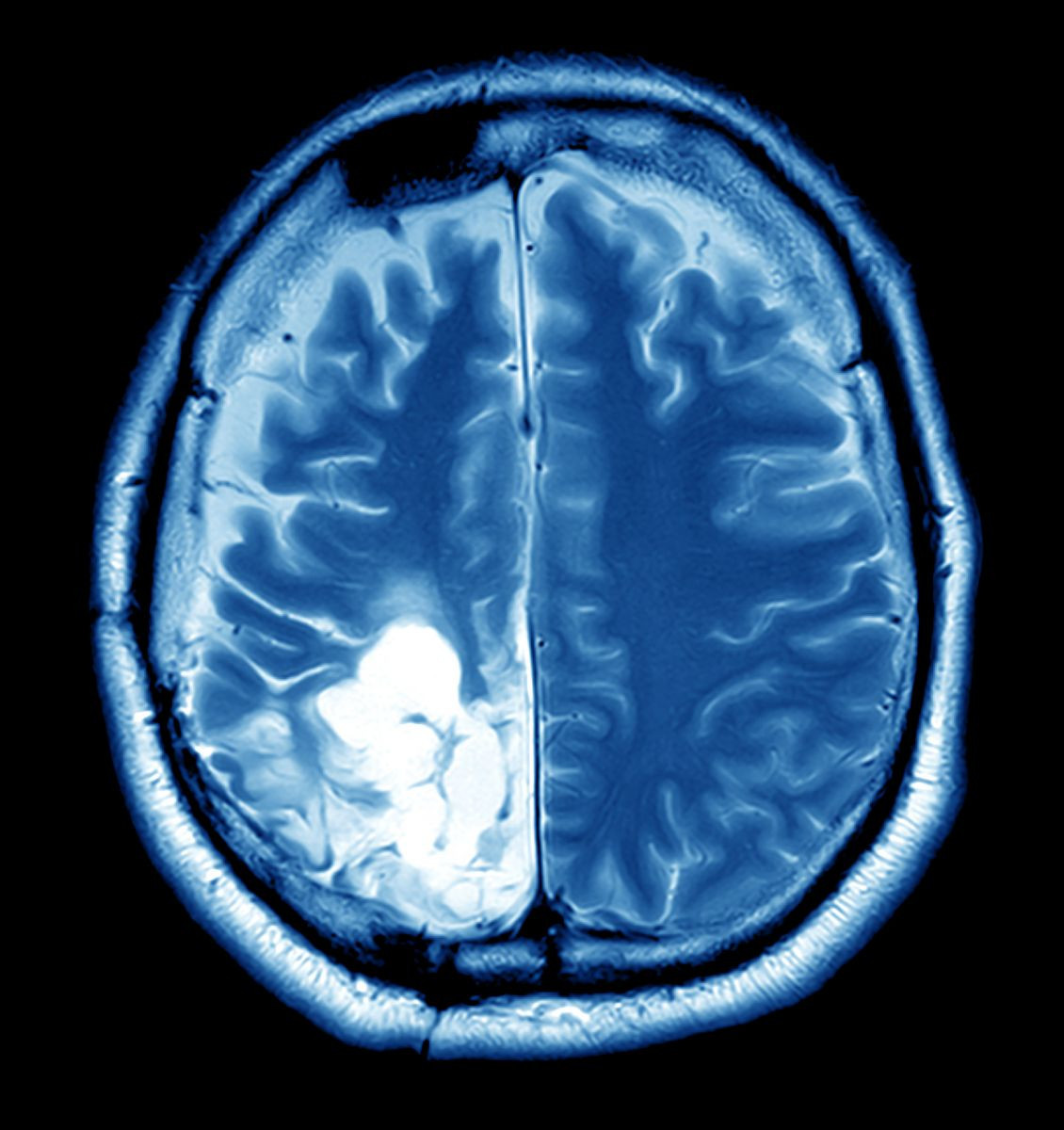Brain Tumors: Types, Symptoms, Causes, Treatment
What different types of brain tumor are there?
There are several different types of brain tumors, which can be classified based on the type of cells from which they originate, their location, and their behavior (benign or malignant). Here are some of the main types of brain tumors:
- Gliomas:
- These tumors arise from glial cells, which are the supporting cells of the brain.
- Examples include astrocytomas, oligodendrogliomas, ependymomas, and glioblastomas (the most aggressive form).
- Meningiomas:
- These tumors develop from the meninges, the protective membranes surrounding the brain and spinal cord.
- Most meningiomas are slow-growing and benign, but some can be atypical or malignant.
- Pituitary tumors:
- These tumors originate from the pituitary gland, which is located at the base of the brain.
- They can be non-cancerous (adenomas) or cancerous (pituitary carcinomas).
- Medulloblastomas:
- These highly malignant tumors typically occur in children and originate in the cerebellum (the part of the brain that controls movement and balance).
- Schwannomas:
- These tumors develop from Schwann cells, which insulate the peripheral nerves.
- Acoustic neuromas (vestibular schwannomas) are a common type that affects the hearing and balance nerves.
- Craniopharyngiomas:
- These rare, benign tumors develop from cells near the pituitary gland and can cause hormonal imbalances and vision problems.
- Primary central nervous system lymphomas:
- These are malignant tumors arising from lymphocytes (a type of white blood cell) within the brain or spinal cord.
- Brain metastases:
- These are cancerous tumors that have spread to the brain from another primary cancer site, such as the lung, breast, or colon.
Additionally, brain tumors can be classified based on their grade, which reflects how aggressive the tumor is and how quickly it grows. Grades range from low-grade (slowly growing) to high-grade (rapidly growing and aggressive).
Accurate diagnosis and classification of the tumor type are essential for determining the most appropriate treatment approach and prognosis.
What are the symptoms of a brain tumor?
The symptoms of a brain tumor can vary depending on the location, size, and rate of growth of the tumor. Some common symptoms include:
- Headaches: Persistent or severe headaches that may be worse in the morning or with coughing, straining, or sudden movements. These headaches may be associated with nausea or vomiting.
- Seizures: Brain tumors can cause seizures, which may be the first symptom in some cases.
- Vision problems: Tumors affecting the optic nerves or certain areas of the brain may cause blurred vision, double vision, or partial vision loss.
- Cognitive and personality changes: Tumors in specific brain regions can cause changes in memory, concentration, decision-making, personality, or behavior.
- Speech difficulties: Tumors in areas controlling speech and language can lead to problems with speaking, understanding, or finding words.
- Motor problems: Depending on the location, brain tumors may cause weakness, numbness, or paralysis on one side of the body, as well as coordination and balance issues.
- Nausea and vomiting: Increased intracranial pressure caused by the tumor can trigger nausea and vomiting.
- Hormonal changes: Tumors near the pituitary gland may cause hormonal imbalances, leading to symptoms like menstrual changes, growth problems, or altered thirst and appetite.
- Hearing problems: Tumors affecting the auditory nerves or related brain areas can cause hearing loss, ringing in the ears (tinnitus), or dizziness.
- Personality and emotional changes: Some brain tumors may cause emotional or personality changes, such as increased aggression, apathy, or inappropriate behavior.
It’s important to note that many of these symptoms can also be caused by other medical conditions, and brain tumors may not cause any specific symptoms in the early stages. A combination of symptoms, along with imaging tests, is often required for diagnosis.
What is the treatment for a brain tumor?
The treatment for a brain tumor depends on several factors, including the type, location, size, and grade of the tumor, as well as the patient’s age and overall health. The main treatment options include:
- Surgery:
- Surgical removal (craniotomy) is often the first line of treatment for accessible brain tumors.
- The goal is to remove as much of the tumor as possible while minimizing damage to surrounding healthy brain tissue.
- Surgery may be followed by additional treatments like radiation therapy or chemotherapy.
- Radiation therapy:
- External beam radiation therapy uses high-energy beams to target and kill cancer cells.
- Stereotactic radiosurgery (e.g., Gamma Knife, CyberKnife) delivers precisely focused radiation to the tumor.
- Radiation therapy may be used after surgery or as the primary treatment if the tumor is inoperable.
- Chemotherapy:
- Chemotherapy drugs, taken orally or intravenously, can help kill cancer cells throughout the body, including those that may have spread from the primary brain tumor.
- It is often used in combination with surgery and/or radiation therapy for certain types of brain tumors.
- Targeted therapy:
- Targeted therapies, such as monoclonal antibodies or small-molecule inhibitors, can target specific molecular pathways in cancer cells, with less damage to healthy cells.
- Examples include bevacizumab (Avastin) and everolimus (Afinitor).
- Supportive care:
- Corticosteroids can help reduce brain swelling and relieve symptoms.
- Anti-seizure medications may be prescribed to control seizures caused by brain tumors.
- Rehabilitation and palliative care are important for managing side effects and improving quality of life.
The treatment plan often involves a multidisciplinary team of specialists, including neurosurgeons, radiation oncologists, medical oncologists, and other healthcare professionals. The goal is to remove or shrink the tumor, while preserving neurological function and minimizing side effects.
Clinical trials may also be an option for some patients, providing access to new and experimental treatments for brain tumors.
The choice of treatment depends on various factors, and a combination of therapies may be used for some patients. Regular follow-up and monitoring are essential to assess the effectiveness of the treatment and make any necessary adjustments.
See also: Brain Cancer




